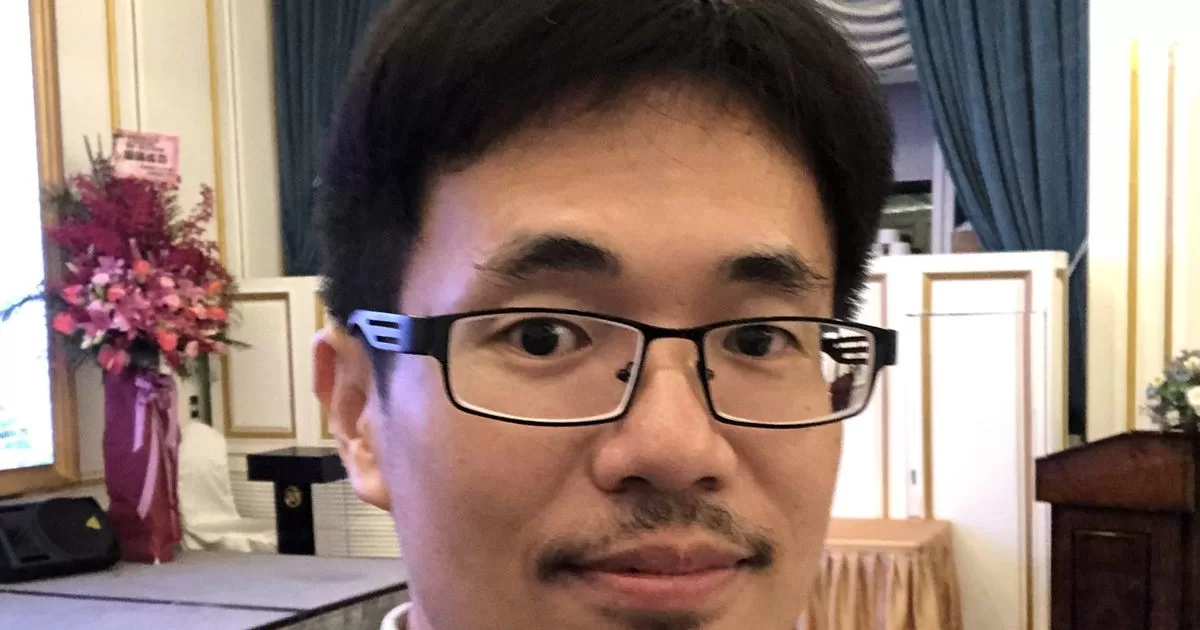Resonancethe new production by Dímelo 305, portrays the behind-the-scenes life of the award-winning salsa singer, who spends his days immersed in the recording studio where he shapes several projects, including a tribute album to Larry Harlow, a legendary musician who, like Rosado, chose salsa and piano.
DIARIO LAS AMÉRICAS spoke with the Puerto Rican musician Marlow Rosado about this documentary that, in 10 two-minute capsules, takes the viewer into the world of the music industry with the help of the winner of two Grammy Awards, who almost two decades ago changed a classroom where he gave classes on stage.
-Tell us how this documentary for social networks came about
The company Dímelo 305 invented a concept of making a documentary where they could capture the life of an active producer in two-minute episodes. At first I found it a little strange, but then I realized that it was a very cool concept.
They started following me. They got into the studio for a couple of months, when I was working with Franklin Negrón, Baby Lores, Lis Vega, Tito Puente Jr. They went to my concerts, a couple of meetings and were able to capture the facets of someone who works in the world of the music, which is maybe a little different than what a lot of people think it is. And 10 episodes came out, a super nice and well done thing.
-What is a day in the life of Marlow Rosado like?
I get up very early and go to bed very late. I spend all day from meeting to meeting, from studio to studio, playing here, setting up sound there, in a meeting for an event. And sometimes people don’t see that part.
So, it’s not a documentary about my life or the past. It is a documentary of the work of someone who is really busy in this industry. Because there are many producers who don’t work much, because they are artists and they play once every six weeks. I have the joy of playing practically every day. And I have work at the studio, that’s why they approached me.
-How would you describe that world of music to which the public does not have access?
It is a very unstable world. We imply that there is a certain glamour, we like to be seen that way. The good thing is that in two weeks or a month you achieve (financially) what a person with a “normal” job achieves in six. Thank God I stay pretty busy.
I was a music teacher in a county public school. I had a good job with health insurance and my paycheck insured. But it wasn’t the life I wanted. I have always been very creative, very into music. I don’t like getting up every day and doing the same thing. I can’t imagine if I would have stayed as a teacher, stuck in a classroom. It’s been 19 years since I left school.
-Then it was worth it…
I have lived traveling, visiting many countries and I have had incredible moments, but there is no shortage of moments of fear, of uncertainty, when you thought something was going to happen, but it didn’t. There are times when I work on something for a month and someone says: ‘that’s not what we’re looking for.’ And there a month of work was lost. It is an exciting world, but those who do not live it do not understand it.
One of the most interesting things is the stereotype that has been created. I don’t know why, maybe because that’s how the world of heavy metal was many years ago. But almost always the musician is a person who works a lot. The musician practices three or four hours a day, records on weekends, and buys a quantity of equipment. He has a recording studio in his house. He has to understand a language completely separate from what the rest of the people speak, which is the language of music, because he has to read music, understand rhythms. However, the musician has always had to fight against so many things.
I don’t have bad vices, I don’t smoke, I don’t drink. I am married, I have two daughters, I have several houses and a recording studio. But if you don’t know me and they tell you that I’m a musician, maybe you’ll come to a lot of false conclusions. We have had to fight against the idea that people have of what it is to be a musician.
-Tell us a little about the album you are preparing in tribute to Larry Harlow, who died in 2021.
Larry was like a father to me, I worked with him a lot. His widow wants to do several things to honor his legacy. He managed to get a street named after him in New York, they are going to make a monument for him. And they chose me to make the album. And it’s a great honor, because I’m using his score. It is a very important album for me. I’m not doing it just because the family wants to, but because I’m paying tribute to a person who was important to me.
It will be my 10th album and I think I will have it complete in a month and a half.
-Sergio George claims in his book that salsa was killed and that urban artists could rescue it, what do you think about that?
I don’t want to talk about Sergio, but I can say that I would never talk about salsa in any way other than throwing flowers at it, because I have made a living with this genre. If today I have two Grammys, if I am successful, if I have houses, if I have a business, I owe everything to salsa. So I would never say that my genre is dead.
René, from Calle 13, said something very interesting: ‘history doesn’t die, you die.’ Our music made history around the world. What Fania, Héctor Lavoe, Cheo Feliciano and Celia Cruz did will never die. Celia Cruz and Tito Puente are more alive today than half of the urban genre and have been dead for more than 20 years.
I think we have to stop comparing salsa with the urban genre, because salsa has nothing to do with that genre, nor does it have anything to do with country music. I spend my time traveling and everywhere I go there is a salsero. It is known that commercial radio does not belong to salsa as before, but that does not mean that we can say that salsa is dead.
And I also don’t think we should give urban artists the task of reviving a genre that is not theirs. I think young people are going to come who are going to lift the sauce. And I think they are already there. We must give responsibility to the youth. But, at the same time, let them want to work on the sauce. Youth have the responsibility to help all genders, as long as it is what they like.



